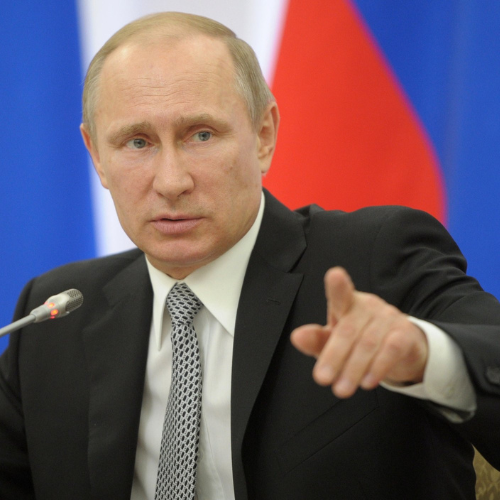Russia is finding new ways to keep its fossil fuel business running despite heavy U.S. sanctions. On December 5, President Vladimir Putin introduced new payment rules, allowing foreign countries to pay for Russian oil and gas through banks other than Gazprombank. This move comes as the country struggles with economic challenges caused by sanctions aimed at cutting off its revenue streams.
Previously, Gazprombank, a private Russian bank, was the main channel for processing payments for Russian energy exports. But recent U.S. restrictions on this bank have forced Russia to adapt. The decision to expand payment options is an effort to ensure that foreign buyers can continue paying for essential energy supplies without facing penalties.
Why the Payment Rules Were Changed
Since the start of the conflict, Western nations have been tightening sanctions to weaken Russia’s economy. One major focus has been on oil and gas, which are key sources of revenue for the Russian government. These sanctions made it harder for Russia to trade in dollars and euros. In response, Russia began requiring payments in rubles and relied heavily on Gazprombank to process these transactions.
However, the U.S. recently blacklisted Gazprombank, cutting it off from the global financial system. This created significant challenges for countries that depend on Russian energy. Hungary and Slovakia, for example, rely heavily on Russian gas and are bound by long-term supply contracts. Hungary alone gets about two-thirds of its gas from Russia.
By loosening the payment rules, Russia is offering these countries an alternative. Foreign buyers can now use other banks to make payments, ensuring that trade can continue despite sanctions on Gazprombank. This change is particularly important for countries that haven’t stopped importing Russian gas, unlike Germany and Poland, which have drastically reduced or ended their reliance on Russian energy.
Ripple Effects and Risks
While this new payment mechanism might temporarily solve Russia’s immediate problems, it comes with risks. Western countries are likely to monitor these changes closely and may impose sanctions on any new banks or financial institutions that facilitate payments for Russian energy.
Russian Billionaire Andrei Kozitsyn Bypasses Sanctions with Global Middlemen
The sanctions are already having a noticeable impact on Russia’s economy. Just last week, the Central Bank of Russia had to suspend currency trading when the ruble’s value fell sharply. The ruble’s decline was partly linked to the sanctions on Gazprombank, which disrupted the established payment systems for oil and gas sales.
Experts believe this situation could create additional economic pressure on Russia. Although the new payment methods offer flexibility, they may not be a long-term solution. If more banks are targeted by sanctions, the financial channels for Russian energy trade could shrink even further, creating new challenges for Moscow.
For buyers like Hungary and Slovakia, the situation is equally complicated. These countries are heavily reliant on Russian gas for heating, electricity, and industry. While they are looking for ways to comply with U.S. sanctions, they also face the risk of being cut off from essential energy supplies.
The Bigger Picture
This move by Russia highlights the ongoing struggle between Moscow and the West over energy trade. Oil and gas are critical to Russia’s economy, funding government operations and military efforts. Western sanctions aim to weaken Russia by limiting its ability to profit from energy exports, but the Kremlin has shown that it can adapt.
By loosening its payment rules, Russia is trying to maintain its role as a major energy supplier, even to countries under pressure from the West. For now, this change helps ensure that Russian energy exports continue flowing, particularly to countries still dependent on its gas.
However, the situation adds more uncertainty to global energy markets, already rattled by the war and sanctions. As Western nations look for new ways to block Russia’s revenue, and Russia seeks to find workarounds, the battle over energy trade is far from over. This latest move is just another chapter in a complex and evolving conflict between economics and geopolitics.


